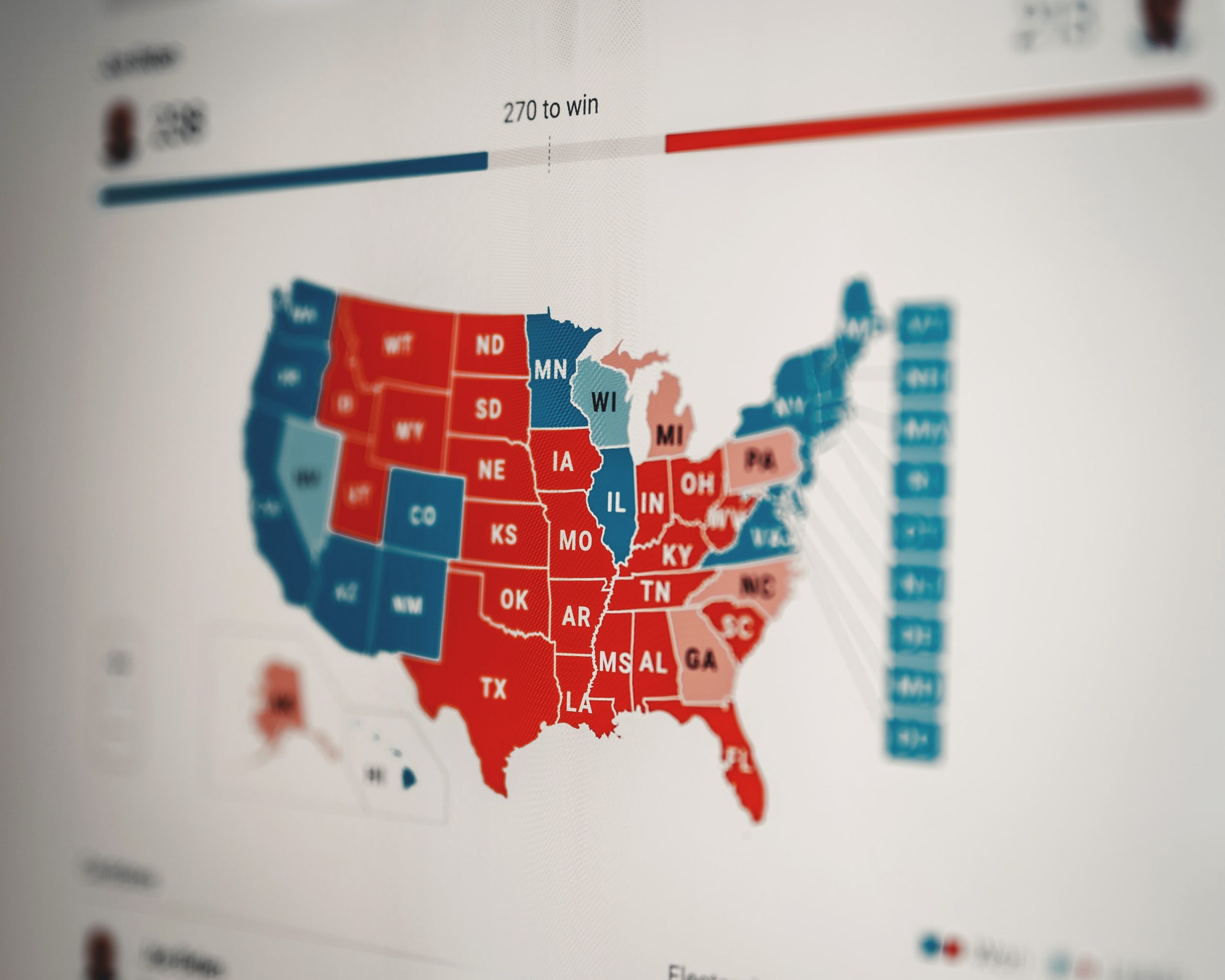
Creating an API Standard for Election Administration Systems to Strengthen U.S. Democracy
Summary
To bring nationwide access to voter tools, the Biden-Harris administration should direct the National Institute of Standards and Technology (NIST) to establish a standard application programming interface (API) for election administration systems.
Our democracy is most representative when the greatest number of Americans vote, but access is hindered by manual, form-based operations that make it difficult for citizens to register to vote or access a ballot. As Americans faced a global pandemic and an overwhelmed postal service, the 2020 election amplified the importance of digital tools for voters to register, apply for absentee ballots, and track their ballot status. It also highlighted the deficiencies in (or lack of) these capabilities from locality to locality. Further, state legislatures have begun passing sweeping voter suppression measures that further limit ballot access.
With the next federal election rapidly approaching in 2022, the time to take steps at the federal level to expand voting access is now. While proposed legislation would mandate making these functions available online, without incentives or standards, these tools would remain available only on local government websites, which suffer from discoverability and usability hurdles. Creating a standard API for election administration systems will enable civic groups and other outside organizations to create consistent, discoverable and innovative nationwide voter tools that interoperate directly with local voter rolls, resulting in a more participatory electorate and a stronger, more representative democracy.
The Federation of American Scientists supports Congress’ ongoing bipartisan efforts to strengthen U.S. leadership with respect to outer space activities.
By preparing credible, bipartisan options now, before the bill becomes law, we can give the Administration a plan that is ready to implement rather than another study that gathers dust.
Even as companies and countries race to adopt AI, the U.S. lacks the capacity to fully characterize the behavior and risks of AI systems and ensure leadership across the AI stack. This gap has direct consequences for Commerce’s core missions.
As states take up AI regulation, they must prioritize transparency and build technical capacity to ensure effective governance and build public trust.